Five ways Mauricio Pochettino has reneged on his philosophy at Tottenham since last season
The Argentine is starting to make decisions he wouldn't have made last season
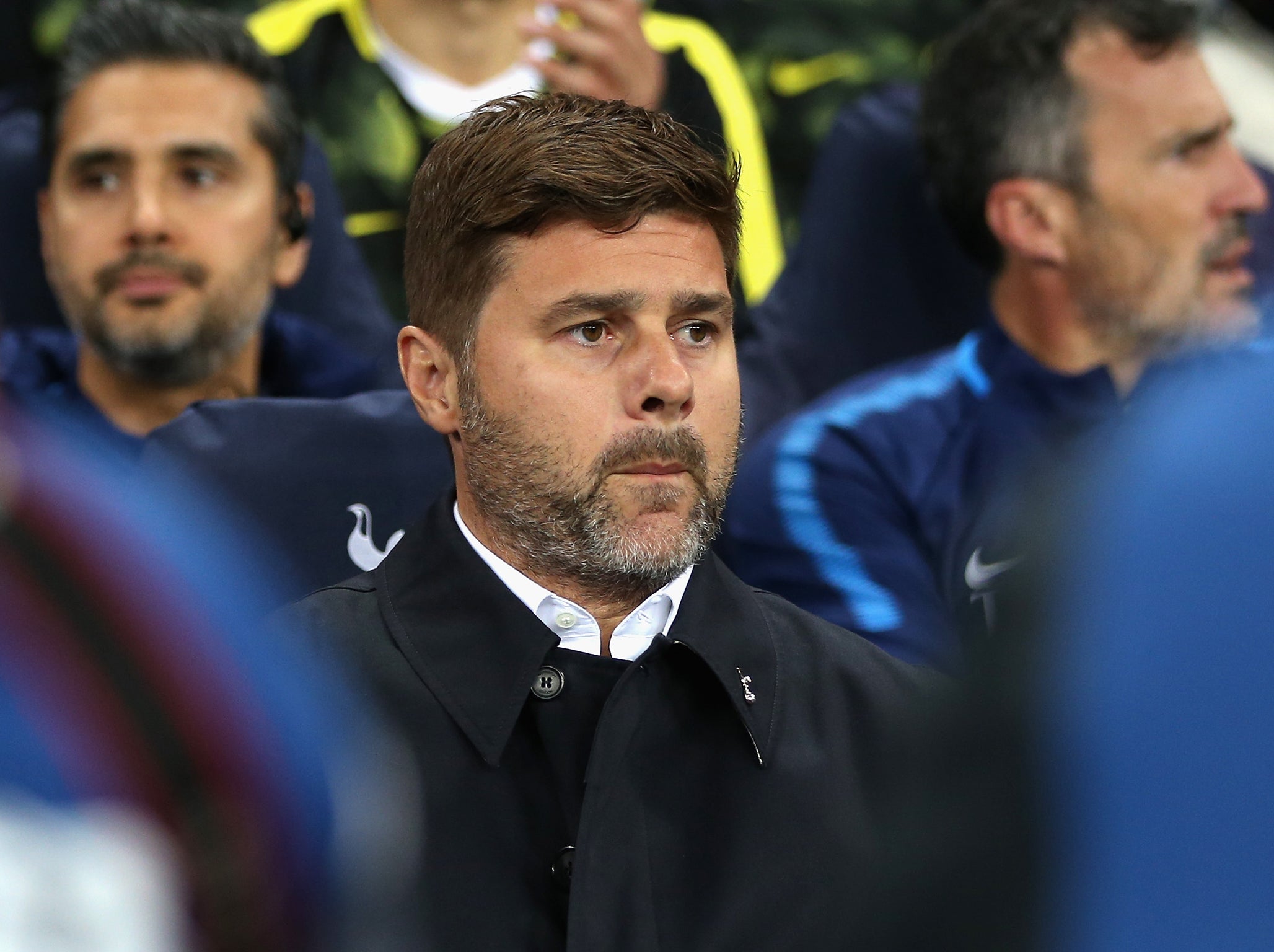
Your support helps us to tell the story
From reproductive rights to climate change to Big Tech, The Independent is on the ground when the story is developing. Whether it's investigating the financials of Elon Musk's pro-Trump PAC or producing our latest documentary, 'The A Word', which shines a light on the American women fighting for reproductive rights, we know how important it is to parse out the facts from the messaging.
At such a critical moment in US history, we need reporters on the ground. Your donation allows us to keep sending journalists to speak to both sides of the story.
The Independent is trusted by Americans across the entire political spectrum. And unlike many other quality news outlets, we choose not to lock Americans out of our reporting and analysis with paywalls. We believe quality journalism should be available to everyone, paid for by those who can afford it.
Your support makes all the difference.This is Mauricio Pochettino’s fourth season as Tottenham manager and in modern football that is very long time. His team is still improving but everyone else is changing too, and no-one likes to get stale.
The biggest change at Spurs this season of course is the stadium but there have been other things Pochettino has done which have come as a surprise. And suggest that even a manager with such a clear idea of how he works can see a value in compromise.
Gameplan
Everyone knows how Tottenham like to play, with their high line, high press and waves of energy until they overwhelm their opponent. The problem is when they play a team who can beat them at their game, even better on the ball and just as energetic. That is what happened in the Champions League last season, against Monaco and Bayer Leverkusen, or when Spurs went to Anfield in February, tried to press and lost 2-0.
At Wembley on last Wednesday night Tottenham changed how they played to cope with Borussia Dortmund’s own precise intensity. They sat deep, defending far closer to the line of their penalty box than normal, in a shape that became 5-4-1. They did not press from the front but invited Dortmund onto them, creating space in behind for Harry Kane and Heung-Min Son to break into.
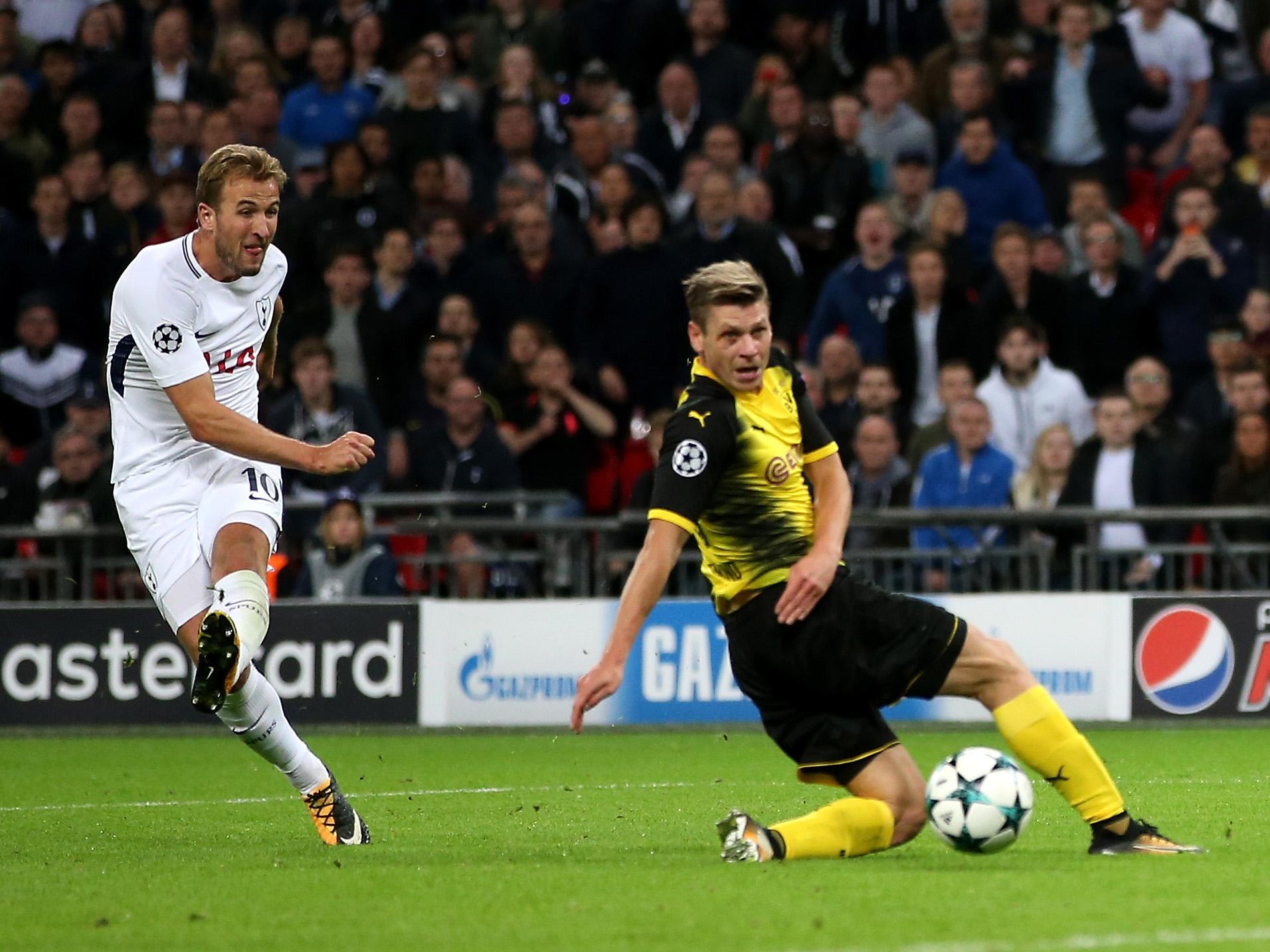
Yes, Spurs had to ride their luck, as Dortmund dominated possession and created enough chances to win the game. But that is what playing without the ball often requires. And Spurs won 3-1.
Toby Alderweireld spoke afterwards about the different approach Spurs used to get the win at Wembley. “We didn't play like children, we played like adults,” he said. “It wasn't going our way but we fought, we kept compact, we tried to be dangerous when we came out. It’s a good step from last season.”
Signing Fernando Llorente
Tottenham have prioritised signing young players ever since Pochettino arrived. Their great successes in the market were the arrivals of Eric Dier at 20 from Sporting CP and Dele Alli at just 18 from MK Dons. Given Spurs’ economic model and Pochettino’s coaching of young players, it has made perfect sense.
But this summer Spurs needed something different up front, to solve the problem that Vincent Janssen was not good enough to support Kane. Fernando Llorente was about to go to Chelsea when Pochettino gave him a call and sold the Spurs project to the 32-year-old.
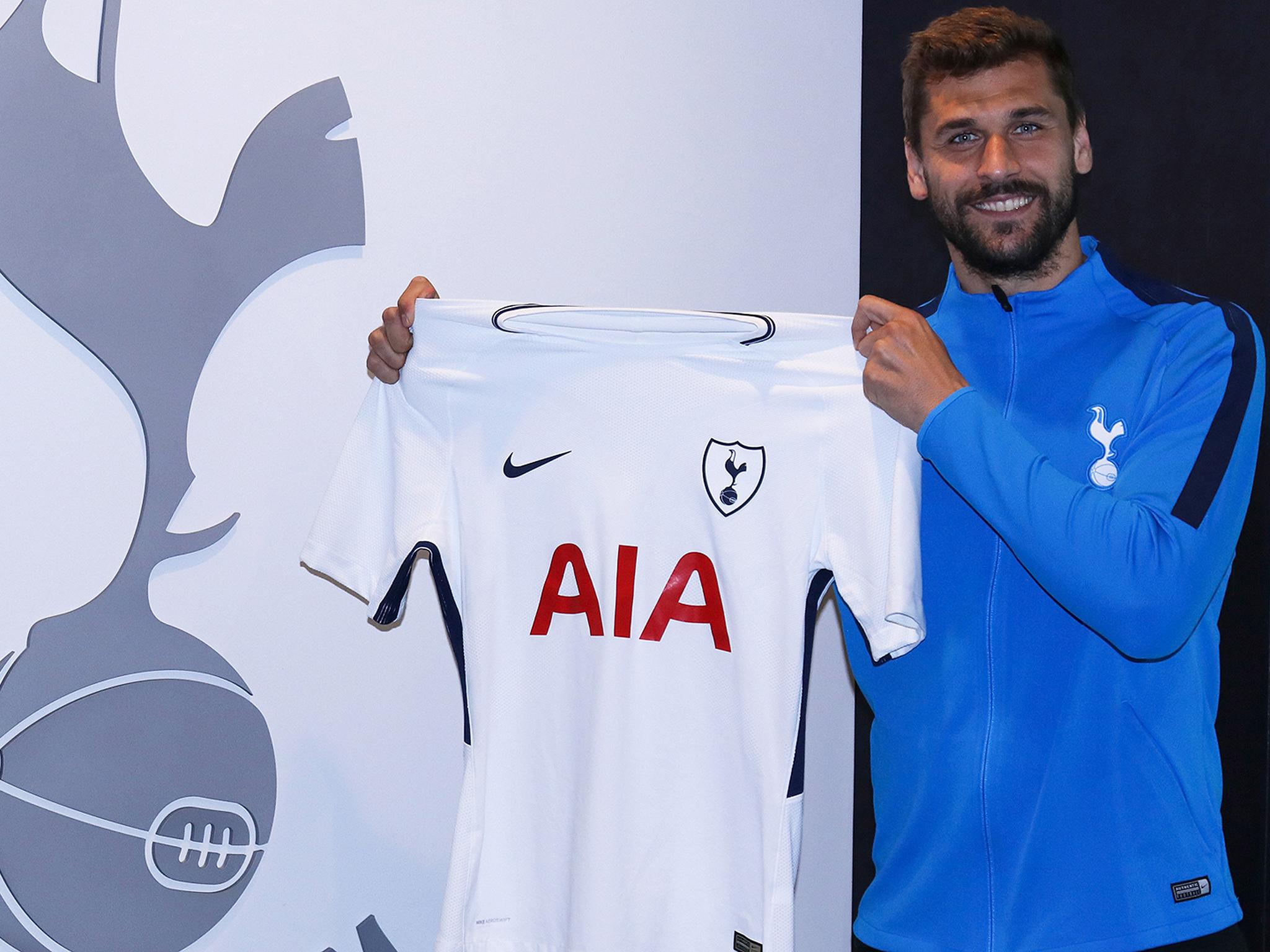
The fact that Llorente joins Spurs as their oldest outfield player shows what an unusual signing he is, far away from the usual ‘profile’ of Tottenham target. But Pochettino wanted him to bring his experience, from winning the World Cup and playing for Athletic Bilbao, Juventus and Sevilla, into the Spurs environment.
“He is a great professional and a world champion with Spain,” Pochettino explained last week. “That is the mentality he can translate. He will bring to the team and the squad great experience.”
Signing Serge Aurier
Tottenham’s first choice to replace Kyle Walker this summer was Porto’s Ricardo Pereira, but when they could not sign him they had to look elsewhere. They eventually settled on Serge Aurier, the Cote d’Ivoire international whose time at Paris Saint-Germain had been marked by controversy and embarrassment: he broadcast himself using homophobic insults towards his manager Laurent Blanc, and was convicted of assaulting a police officer.
Pochettino has always been very big on character. His first year at Spurs was marked by getting rid of the players he did not think had the right attitude or application to play for him. Professionalism, good behaviour and obedience have always been his watchwords.
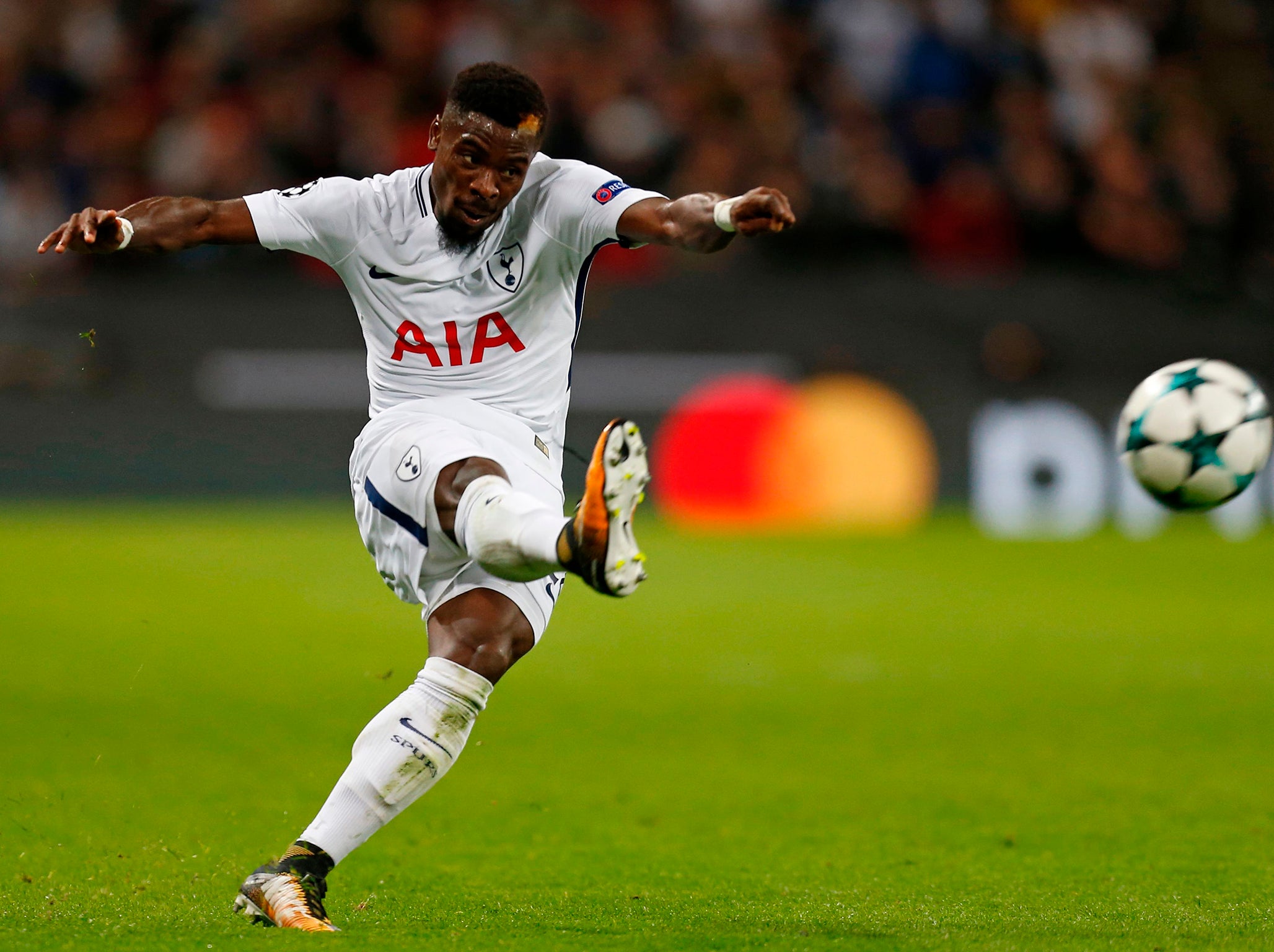
So it was a surprise to see Tottenham take a punt on Aurier. Pochettino did not even seek detailed character references on the right-back, just spoke to him at length. He made clear to Aurier that he would come to Spurs with a clean slate, but would be judged by new standards here.
“I always try to feel what the player translates to you when you have a conversation and you meet,” Pochettino said. “It’s more important, the feeling that you get from people. I had a long chat with him, and explained what I expect from him.”
Giving second chances
Even players who have upset Pochettino had been allowed to stay. It was not always that way in the past: Andros Townsend never played for Spurs again after his scuffle with Nathan Gardiner back in November 2015.
But this summer two first-teamers stepped seriously out of line and both were allowed to stay. Moussa Sissoko told L’Equipe in May that his first year at Spurs had been the “worst” of his career and that he wished Pochettino would communicate better with him. And yet here he is, still part of the squad.
Danny Rose went even further in an interview with The Sun in August, criticising Spurs’ transfer and salary policies and saying that he was not afraid to leave the club if he had to. Spurs could have sold him to Chelsea or Manchester United on the spot and made as much money - £50m – as they did for Kyle Walker earlier in the summer. But they decided to stick with Rose, despite his outburst, and when he recovers from his knee injury he will still be playing for Spurs.
Loaning Josh Onomah
At the start of the summer Josh Onomah wanted to go loan to play football, with Celtic as well as three Premier League clubs keen to take him. Mauricio Pochettino, though, would always rather keep hold of his best young players rather than let other coaches get their hands on them. Onomah was expecting to stay at Tottenham for the season, playing for the Under-23s and trying to force his way into the first team. The problem is that Onomah is naturally a central midfielder but Pochettino has only played him out wide so far.
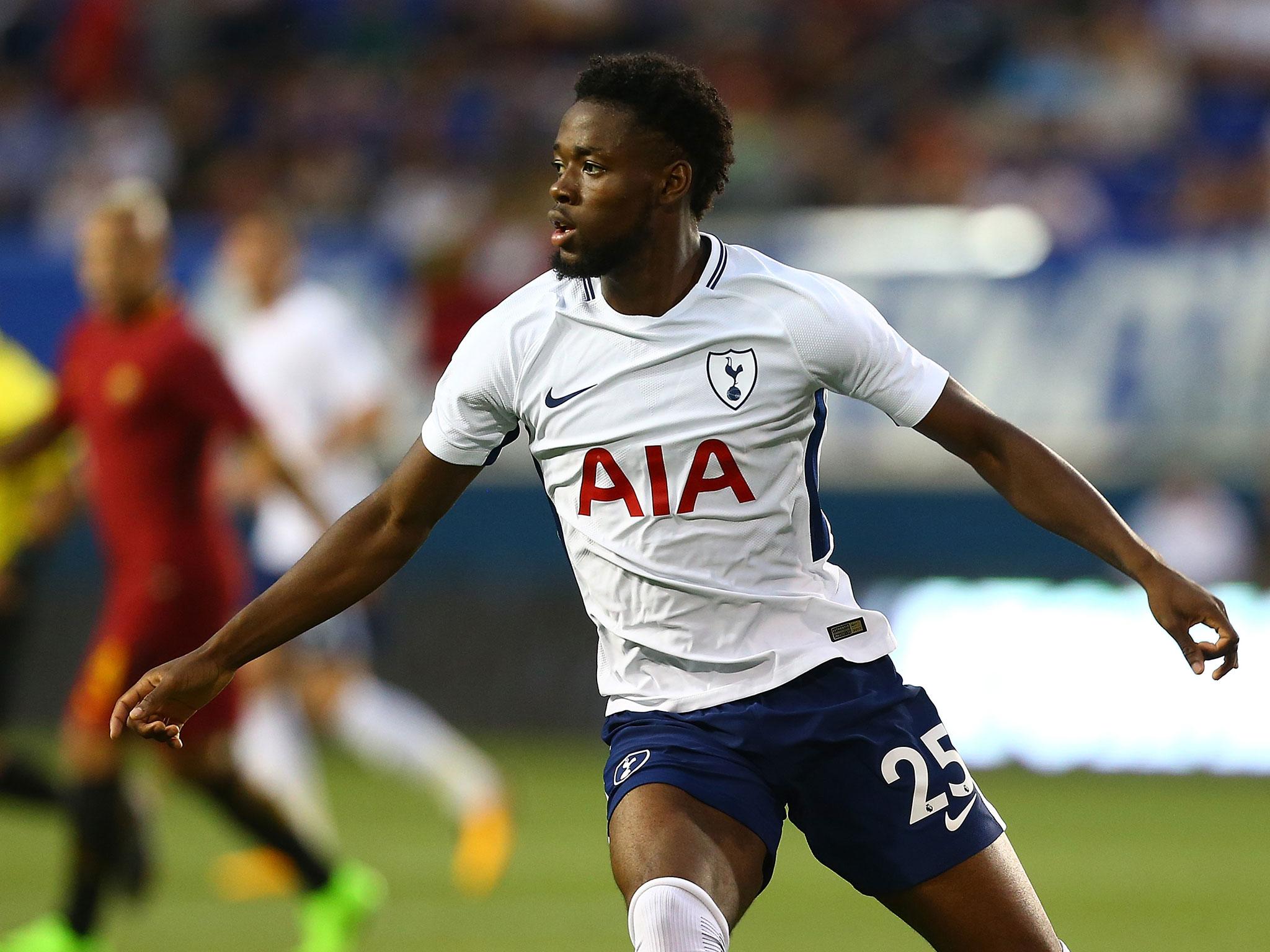
But over the course of the summer, Pochettino changed his mind. That does not happen often but Pochettino’s staff convinced him that Onomah was a promising midfielder who just needed a chance to play regular senior football. So Onomah was allowed to go to Aston Villa, when he signed his new four-year deal at Spurs, and has made seven starts for Steve Bruce’s side.
Join our commenting forum
Join thought-provoking conversations, follow other Independent readers and see their replies
Comments